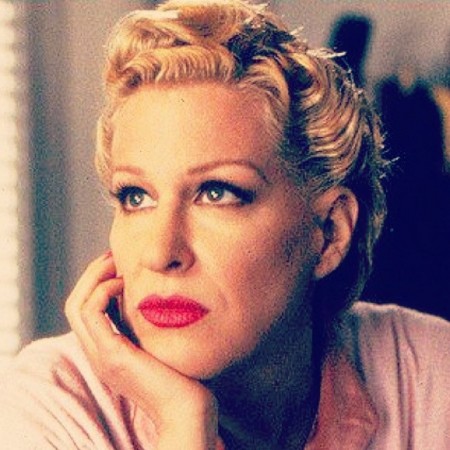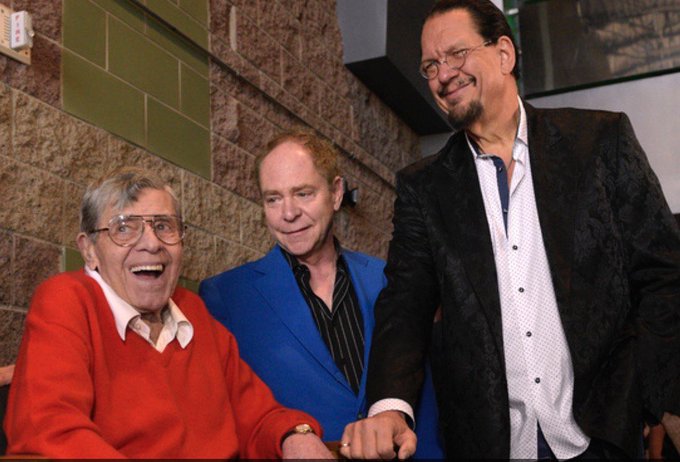San Antonio Express
Trump flummoxes reporters, foes
By Peggy FikacAugust 30, 2015
AUSTIN – Donald Trump’s tossing of Univision anchor Jorge Ramos from a news gathering caught the attention of Bette Midler, who saved her surprise for the behavior of the journalists who watched it happen.
“Kinda shocked that the reporters in the room at Trump’s press conference didn’t walk out when he threw Jorge out of the room,” she said on Twitter, pointedly asking where they were hiding their backbones.
Well, she actually wondered about another body part, but you get the idea.
It’s no surprise that Midler would pay attention. The Divine Miss M and Trump (shockingly) have sparred before. She has accused him of ruining New York and having “a terrible dye job.” He has called her, among other things, “grotesque.”
To their credit, a couple of reporters at last week’s Iowa news conference pressed Trump about the action against Ramos, who was escorted out after he persisted in asking questions against Trump’s wishes.
Ramos shortly was allowed back in and resumed his aggressive questions on issues including the impracticality of deporting the 11 million people here without authorization (Trump: “You know what it’s called? Management”).
It would be hard to imagine a group of reporters leaving a news conference by the leading Republican presidential candidate to show solidarity with another journalist. Explaining it to their bosses could get complicated.
But the spectacle highlighted the difficulty of covering the Trump phenomenon. It’s perhaps exceeded only by the difficulty of running against him, as aptly demonstrated by Trump’s mostly hapless opponents.
You can argue that all reporters should be as aggressive as Ramos in questioning Trump’s broadly sketched plans on not only immigration but issues such as health care, on which he promises to replace Obamacare with an unspecified something wonderful. You would think his pronouncements also would provide ample fodder for other candidates.
But there’s so much material, it’s hard to know where to start. One broadcaster tweeted after a New Hampshire news conference that Trump “signs off in Derry, leaves media w/ about 5,746 soundbites.”
The mogul began his campaign by suggesting Mexico is sending the United States its criminals. He insulted Fox News star Megyn Kelly. He sneered at Jeb Bush, calling him a “low-energy” person without a clue. Asked what he’d say to Pope Francis over his criticism of unfettered capitalism, he said he’d have to “scare the pope” by saying “ISIS wants to get you,” with capitalism the best hope to counteract its terror.
Leon Wolf, writing for the conservative RedState.com, said that for Trump’s opponents, “Each thing he says is so bizarre, or ill-informed, or demonstrably false, or unpresidential in tone or character, that it becomes impossible to know which target to lock on to or focus on.”
Most Trump opponents now are trying, with little apparent effect. U.S. Sen. Ted Cruz is taking a different approach, declining to criticize Trump and instead planning an appearance with him at a rally against the Iran nuclear deal.
University of Texas at Austin political scientist Bruce Buchanan said Trump’s opponents largely appear unsure about how to attack a candidate who, in challenging the establishment, shows an instinct for what many Republicans will tolerate or even embrace.
“He does crazy things but he also has a pretty impressive capacity to backtrack,” such as his decision to bring Ramos back into the news conference, said Buchanan. “People’s tolerance is rooted in his willingness to speak openly, to sound authentic rather than fake, and his track record. He’s a billionaire who seems to know how to fix stuff.”
The rest of the field, by contrast, “hasn’t lit anybody up,” Buchanan pointed out. As a result, many who once found it impossible to imagine Trump as the GOP nominee may be a bit more cautious now.
“I used to say that he could never be the nominee. Now, I think that it’s prudent for any analyst to say the jury is out and not to prejudge the matter anymore,” Buchanan said.
That may force other candidates to abandon hopes he’ll self-destruct and to stiffen their spines, perhaps with a more aggressive approach against him at the next debate.
“They’re afraid of doing something wrong and making it worse, is the best sense I can make of it,” Buchanan said. “But it might be necessary to get him near the edge of the cliff and give him a little push.”












